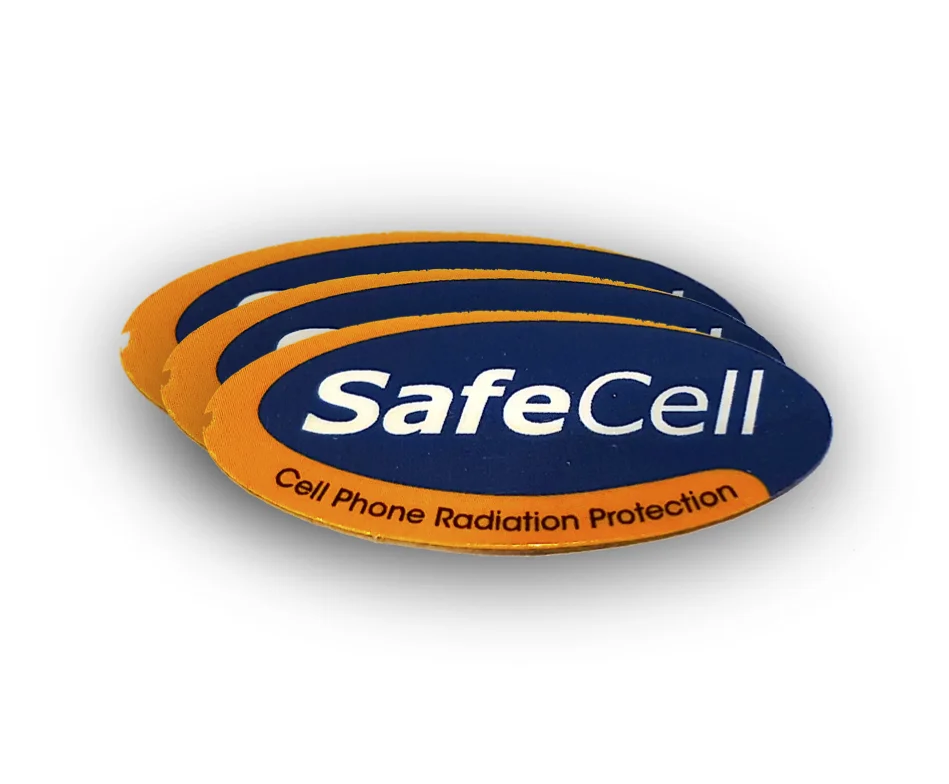The Centers for Disease Control and Prevention —CDC— is the first U.S. health agency to call for precaution in the use of cell phones. "Along with many organizations worldwide, we recommend caution in cell phone use" the CDC stated on its Web site's FAQ About Cell Phones and Your Health and followed up with a call for more research to answer the unresolved cancer question.
The recommendation was posted on the CDC's Web site on or before June 9. It passed mostly unnoticed until a few days ago when Joel Moskowitz, who writes a blog on Electromagnetic Radiation Safety, sent out a press release announcing the news. "I am pleased to see that the CDC, the lead public health action agency in the United States, is reassuming its leadership role by warning the public about this health risk" he said in an interview with Microwave News. Moskowitz is the director of the Center for Family and Community Health at the University of California, Berkeley, School of Public Health.
David Carpenter, one of the very few other public health figures who have been urging precaution on RF radiation, offered a more contained response. "Small progress, but progress!" he told us in an e-mail. Carpenter is the director of SUNY Albany's Institute for Health and the Environment. The new advice on the CDC's Web site was formulated at the National Center for Environmental Health (NCEH), an arm of the CDC whose mission is to "plan, direct, and coordinate a national program to maintain and improve the health of the American people." Who was responsible and why it was posted now are not clear.
What we do know is that Chris Portier, a former director of NCEH, proposed the change a few years ago. Portier was a member of the IARC panel that classified RF radiation as a possible human carcinogen in May 2011. When he got back to Atlanta from the meeting in Lyon, he set about to update his agency's cell phone policy to bring it into line with the new IARC finding. Portier confirmed to us that he had set the ball in motion, but noted that the revised text had not appeared on the CDC Web site before he left the NCEH in May 2013. What was on the Web site at the time offered no precautionary advice. Though Portier stepped down last year, he is still listed as director on the NCEH Web site.
Robin Ikeda is currently serving as the acting director. Portier now lives in Europe and serves as a senior contributing scientist at the Environmental Defense Fund (EDF).
Another example of the change in outlook at the NCEH is its advice on the risk to children. Last year, CDC stated that there were no studies on children and cell phones —only that children would be exposed for longer periods of time if they started using cell phones early in life. Here's what's there now: "If RF does cause health problems, kids who use cell phones may have a higher chance of developing these problems in the future." Does the new outlook from the NCEH apply to other parts of the CDC, for instance NIOSH, or other federal agencies such as the FDA, which has regulatory authority for radiation emitting devices in general, or the FCC, which has authority for cell phones in particular? None of these —nor research agencies like the NCI— currently offer precautionary advice. This seems to be a touchy question.
We asked the CDC office of public affairs and though we were promised a reply by deadline none came. Others we contacted appeared to be caught off guard by the new precautionary language. No one wanted to offer an opinion for attribution. The FCC specifically declined to comment in response to our query.
[August 20, 2014] Sometime soon after we filed the story above, CDC decided it had overstepped —or, more likely, someone held its feet to the fire. Any reference to precaution was removed from its FAQ. The agency deleted any suggestion that it believes there may be health risks. The CDC now states: "There is no scientific evidence that provides a definite answer to that question [can using a cell phone cause cancer?]. Some organizations recommend caution in cell phone use. More research is needed before we know if using cell phones causes health effects." CDC's full name is the Centers for Disease Control and Prevention. This sudden reversal may help explain why "Prevention" got left out of the CDC abbreviation.
Follow us for breaking news and updates!



